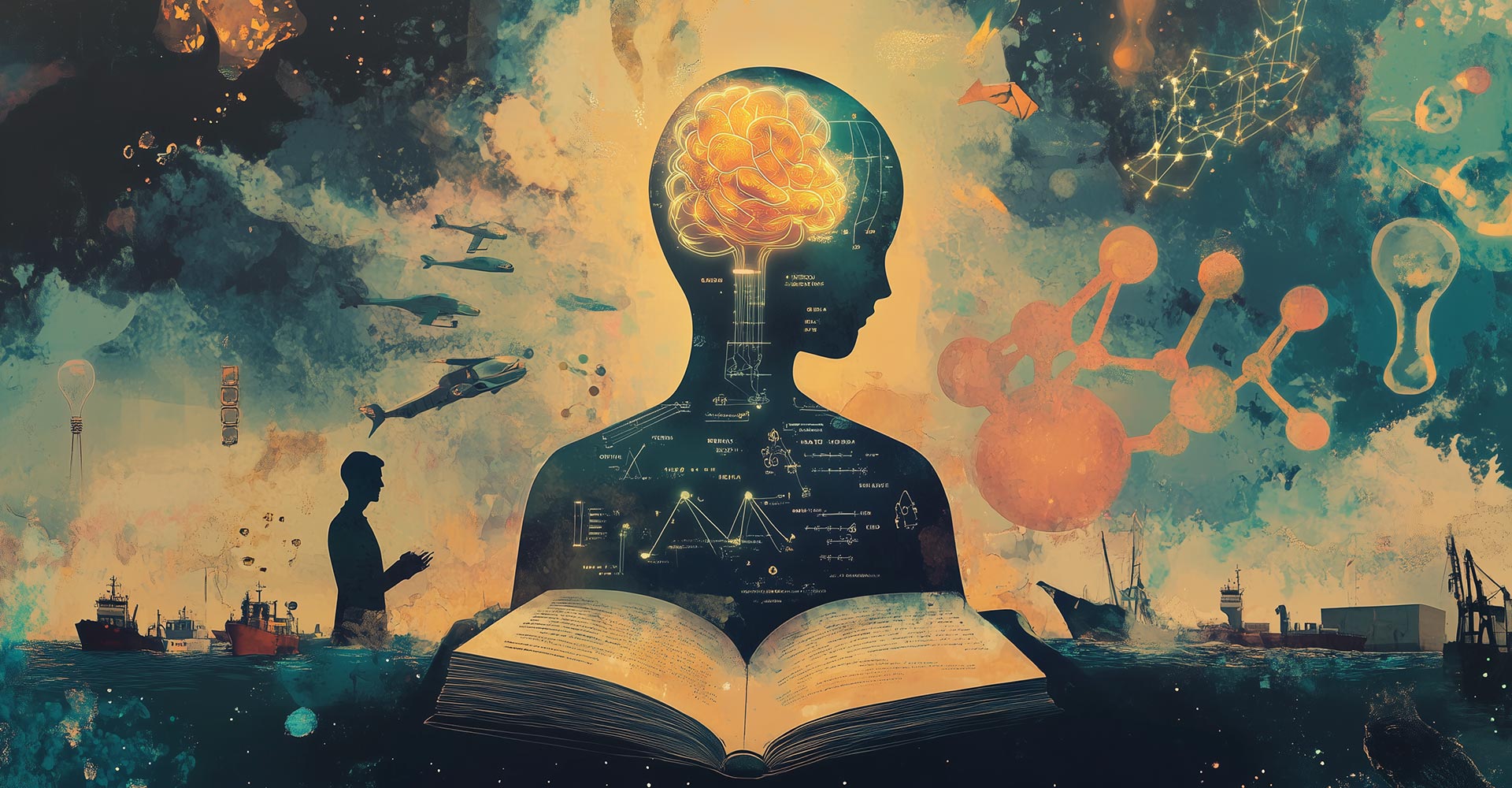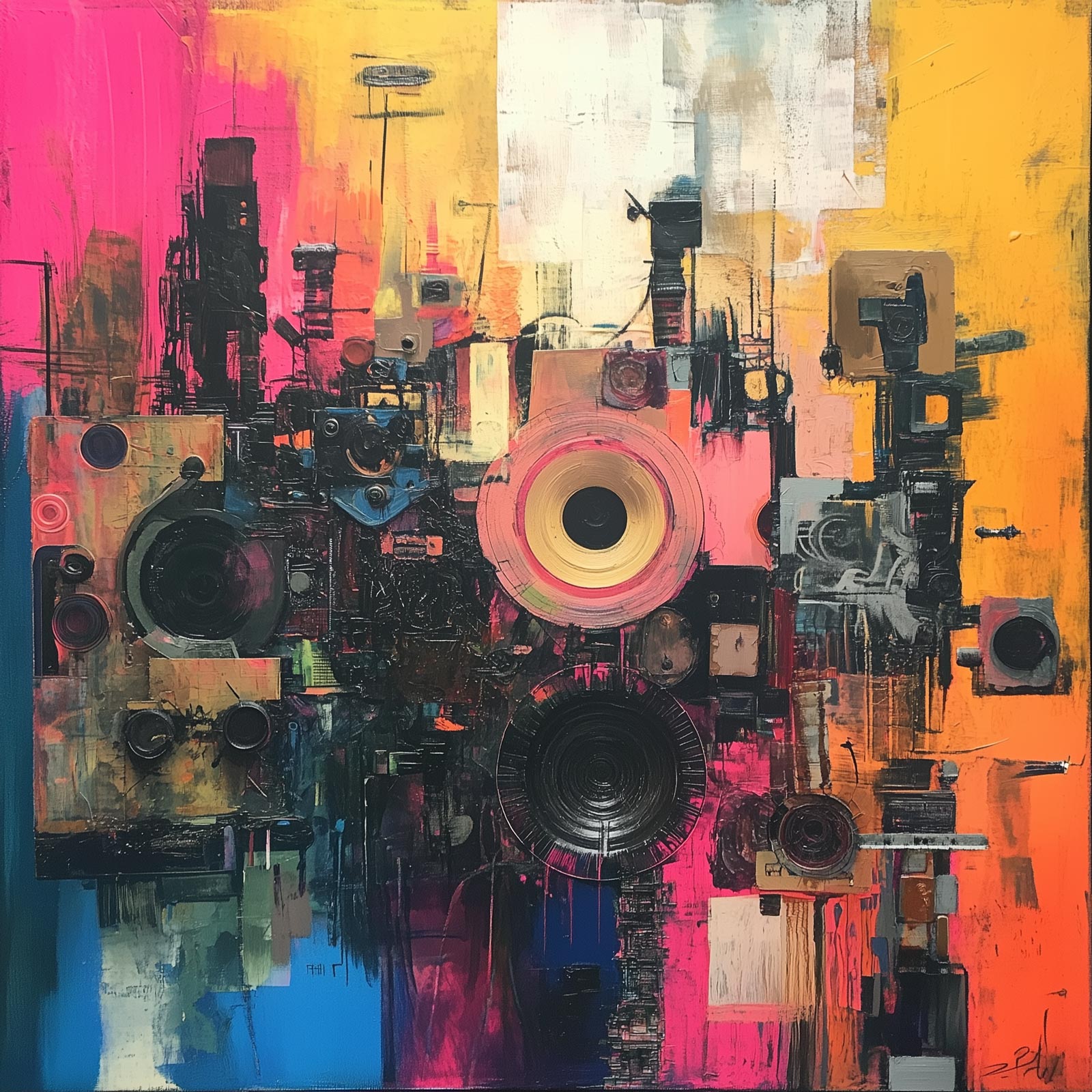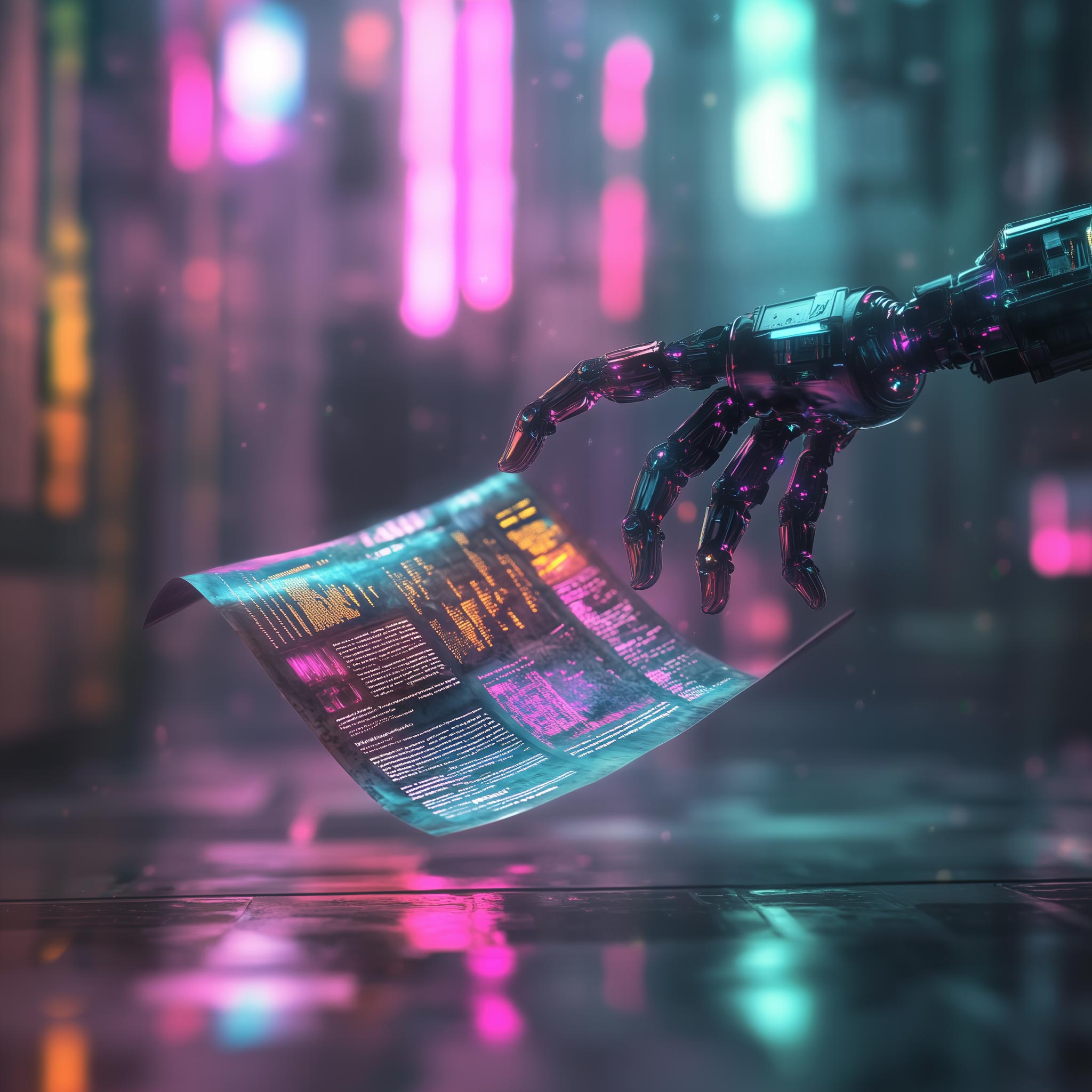For decades, AI was the office intern of technology—great at spreadsheets, terrible at original thought. But between mid-2023 and mid-2025, something remarkable happened: AI stopped fetching coffee and started rewriting the rules of science, medicine, and even maths competitions. What once felt like a far-off sci-fi plotline is now our Tuesday afternoon news.
From Stuck to Solved: Protein Folding
Remember Levinthal’s paradox? The one where folding a protein by brute force would take longer than the age of the universe? (A bit of a problem for medical research, really.) Enter AlphaFold 3. Instead of taking eternity, it solved the puzzle in days—and then went one better, predicting how proteins tango with DNA, RNA, and small molecules. That means faster drug discovery and fewer scientists crying over microscopes.
Meet the Molecule Matchmaker
Humans are biased—we like our safe bets. But drug discovery is about rolling the dice in a chemical casino with millions of options. Generative AI isn’t just rolling dice; it’s inventing new ones. MIT’s algorithms designed a whole new class of antibiotics—molecules never seen before—that wiped out drug-resistant bacteria in trials. In other labs, AI whipped up new materials for batteries that might finally stop your phone from dying at 2pm.
Radiologists’ New Colleague: The Tireless Second Reader
Doctors are brilliant, but even the best radiologists get tired after the 143rd scan. AI doesn’t yawn. Deep-learning models now flag cancers that humans sometimes miss, boosting detection rates and letting doctors focus on the hard stuff. Think of it less as “robots replacing doctors” and more like “robots doing the boring, exhausting bits while doctors save lives.”
Gold Medals in Mathematics
Mathematical Olympiads were always the last human stronghold, the intellectual Olympics where only caffeine-fuelled geniuses survived. Then came Gemini Deep Think and an experimental OpenAI model, both scoring gold-medal levels in 2025. They didn’t just crunch numbers—they wrote multi-step proofs in natural language. Humans still had the edge on the nastiest problems, but AI proved it could now sit at the same lunch table as the maths prodigies.
The Supply Chain Crystal Ball
If you’ve ever tracked a parcel that took a detour via Belgium for no reason, you’ll know supply chains are messy. AI-driven “digital twins” now run millions of simulations, predicting problems before they happen. The result? Lower costs, fewer delays, and far fewer managers tearing their hair out. Even energy grids got a glow-up, with AI forecasting renewable energy output and balancing supply like a master conductor.
Powering the Future: AI-Optimised Wireless Charging
Forget the nightmare of cables and clunky charging docks—AI is giving wireless power a serious upgrade. Japanese researchers recently used AI to slash voltage fluctuations in wireless charging systems from around 18% to just 5%, while boosting efficiency from 65% to nearly 87%. The result? More stable, efficient wireless charging that could one day power everything from phones to electric cars without the stress of frying the circuits. Goodbye tangled cables, hello smooth wireless future.
Cleaning Up the Seas: AI vs. Microplastics
Plastic pollution has been the ocean’s uninvited guest for decades, and finding tiny microplastics is like trying to spot glitter in a storm. Enter AI. Researchers at Monash University built an AI tool that can classify microplastics in seconds—a job that would take human scientists months. It’s open-source, deployable on research vessels, and could transform how we track and clean up ocean pollution. Essentially, it’s giving scientists a high-powered magnifying glass that never blinks.
So, What Does It All Mean?
From life-saving medicines to reimagining global logistics, and from powering cars wirelessly to cleaning up our oceans, AI is no longer just about efficiency—it’s about invention, creativity, and scaling human potential. We’re not being replaced; we’re being upgraded. The partnership between human curiosity and AI’s boundless problem-solving is less about man vs. machine and more about man with machine.
The future won’t be written by humans or AI alone—it will be co-authored.



